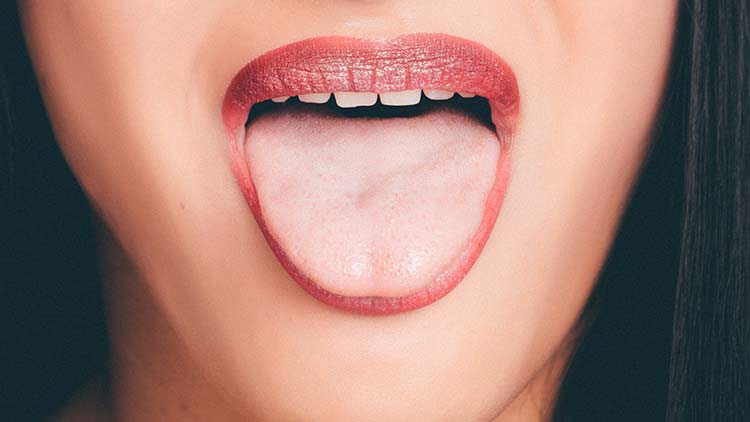
One of the biggest contributors to tooth decay is dry mouth. Combine dry mouth with sugary drinks like juices, sodas, teas or sweetened coffees and the likelihood for tooth decay or cavities increases dramatically. While you may just see dry mouth as an annoyance, it’s much more than that, and if left untreated, it can cause further oral health concerns.
The technical term for those experiencing chronic dry mouth is xerostomia (zero-stow-me-uh) and is a condition impacting the production of saliva in the salivary glands. There are a number of symptoms for dry mouth, some of which include:
- Dry, sticky sensation in the mouth
- Bad breath
- Changes in your sense of taste
- Saliva that feels more thick or stringy
- Difficulty swallowing, speaking or chewing
According to the American Dental Association (ADA), 30% of patients 65 and older are affected by dry mouth. The figure increases the older a patient gets, but this isn’t merely because of age but because of other circumstances associated with aging like increased likelihood of being prescribed one or more medications.
As is often the case with health issues, dry mouth can be caused by a combination of factors. Some of those factors include: tobacco and alcohol use, aging, medications, nerve damage, cancer treatments and more.
The impact on your teeth and mouth can be uncomfortable if dry mouth is left untreated. Some of the complications include mouth sores, an increase in plaque, tooth decay, gum disease, cracked lips and more.
Addressing xerostomia requires a holistic, three-pronged approach:
- Dental Hygiene: Regular brushing, flossing and rinsing of your can help protect your teeth from plaque buildups and ultimately cavities. However, avoid mouthwashes that have alcohol in them.
- Diet & Food Choices: Drink plenty of water, limit caffeince intake, stop using tobacco products and limit the consumption of high sugar drinks.
- Professional Maintenance: See a professional dentist regularly to monitor and maintain your overall oral health, but also to get professional advice on how to best treat dry mouth.
If you think you might have xerostomia, contact us today to make an appointment and we’ll discuss potential treatments and strategies for addressing it.

 Request an Appointment
Request an Appointment